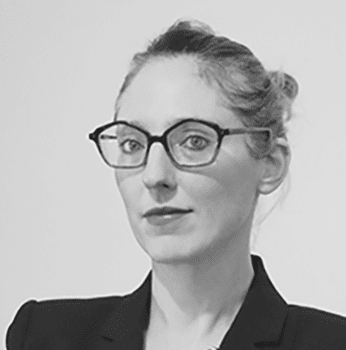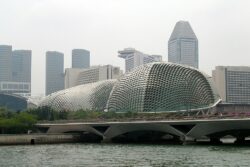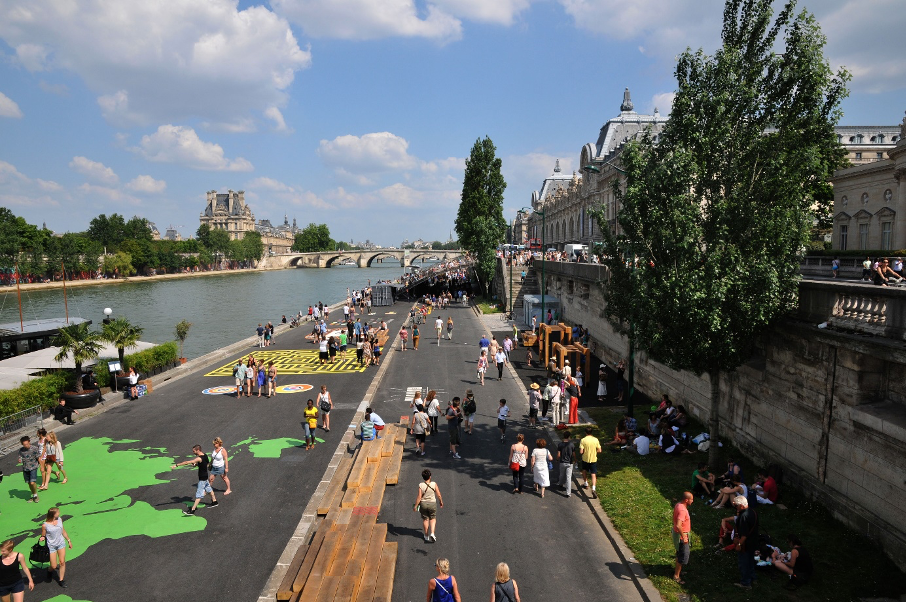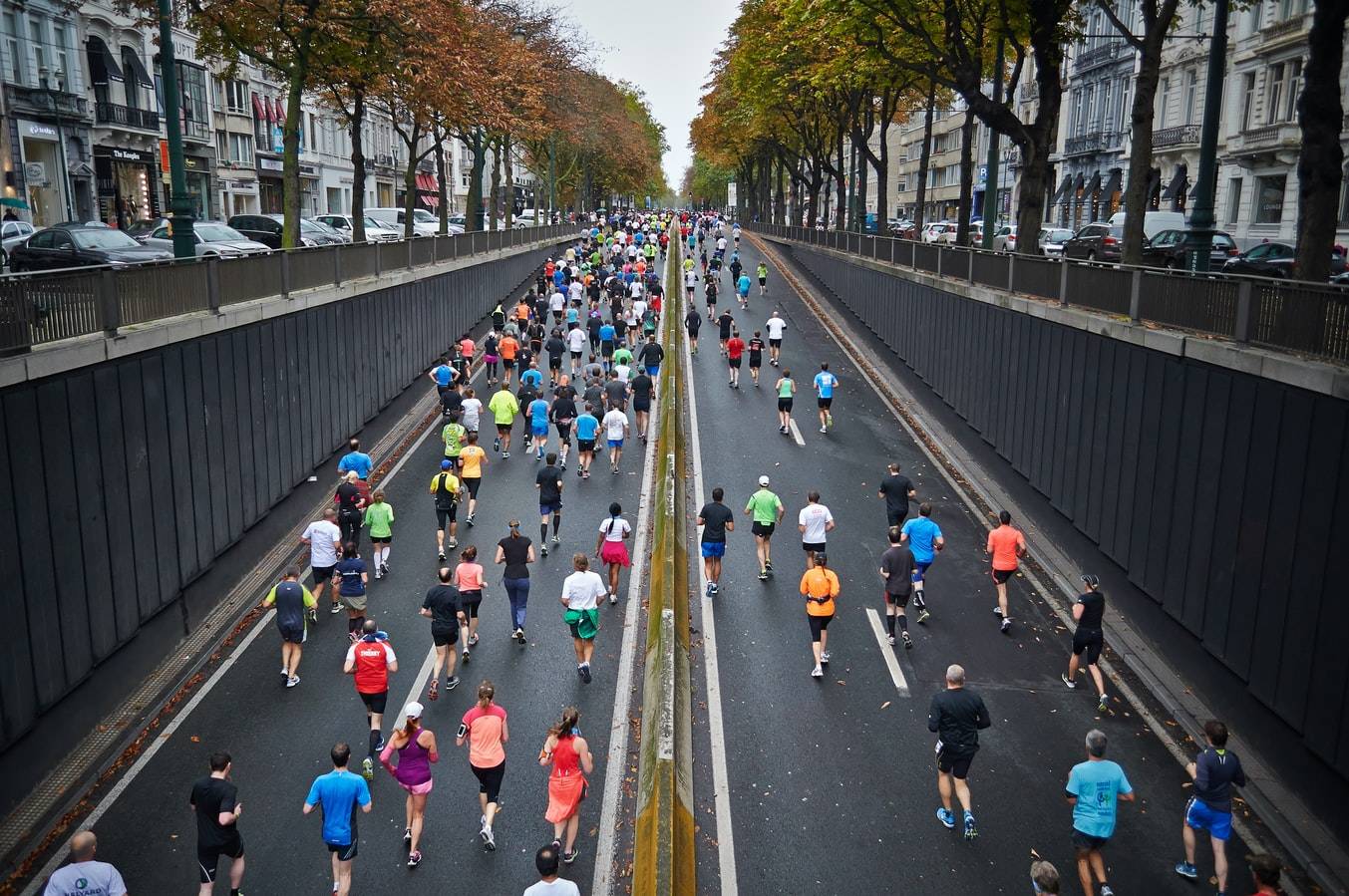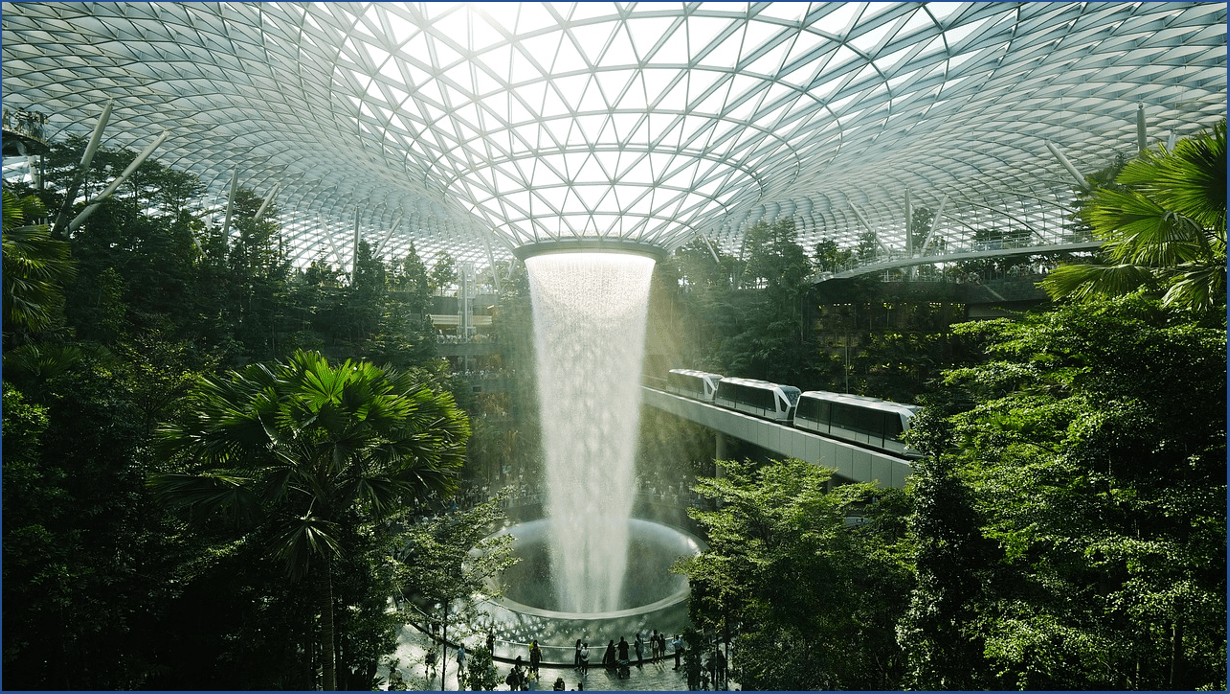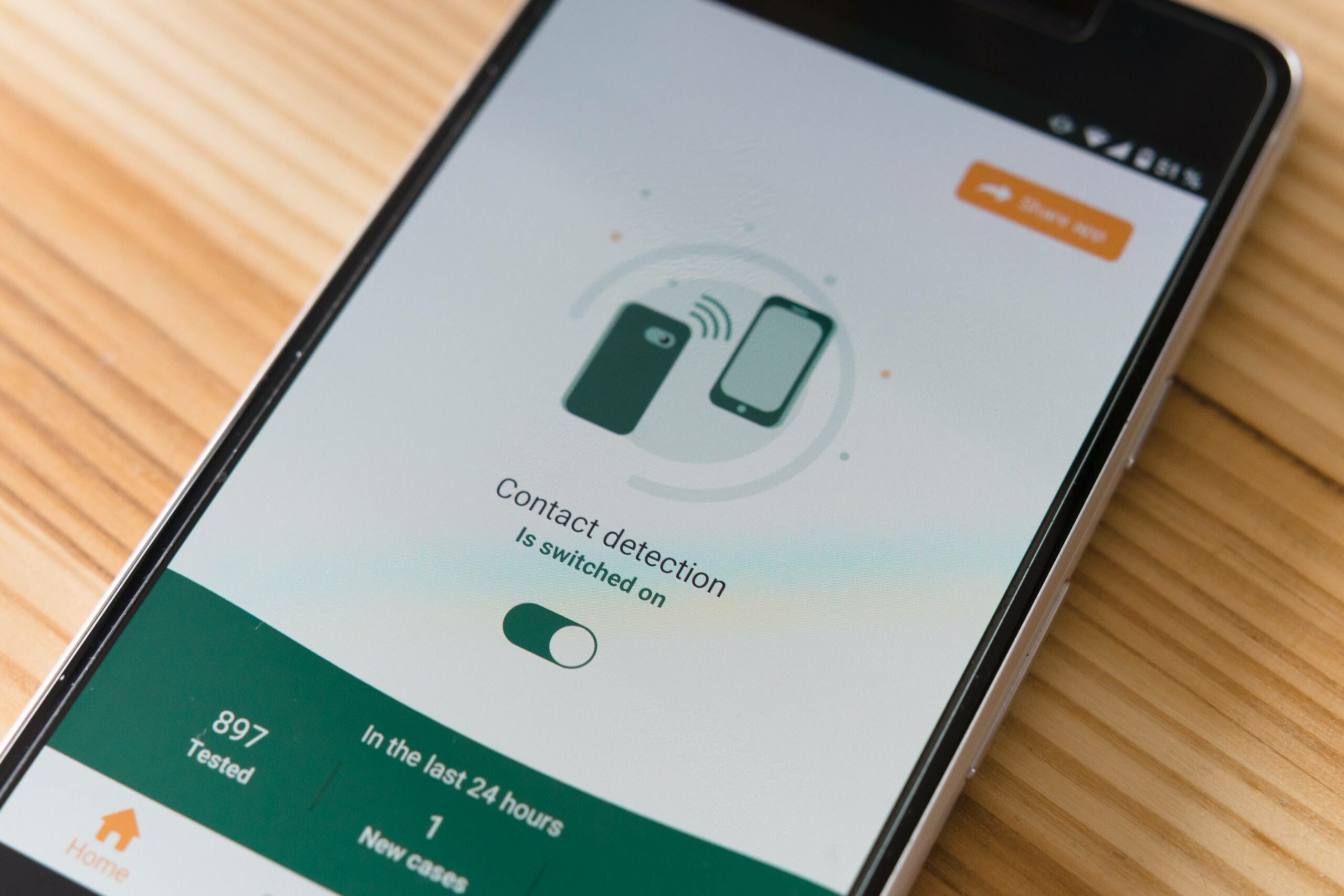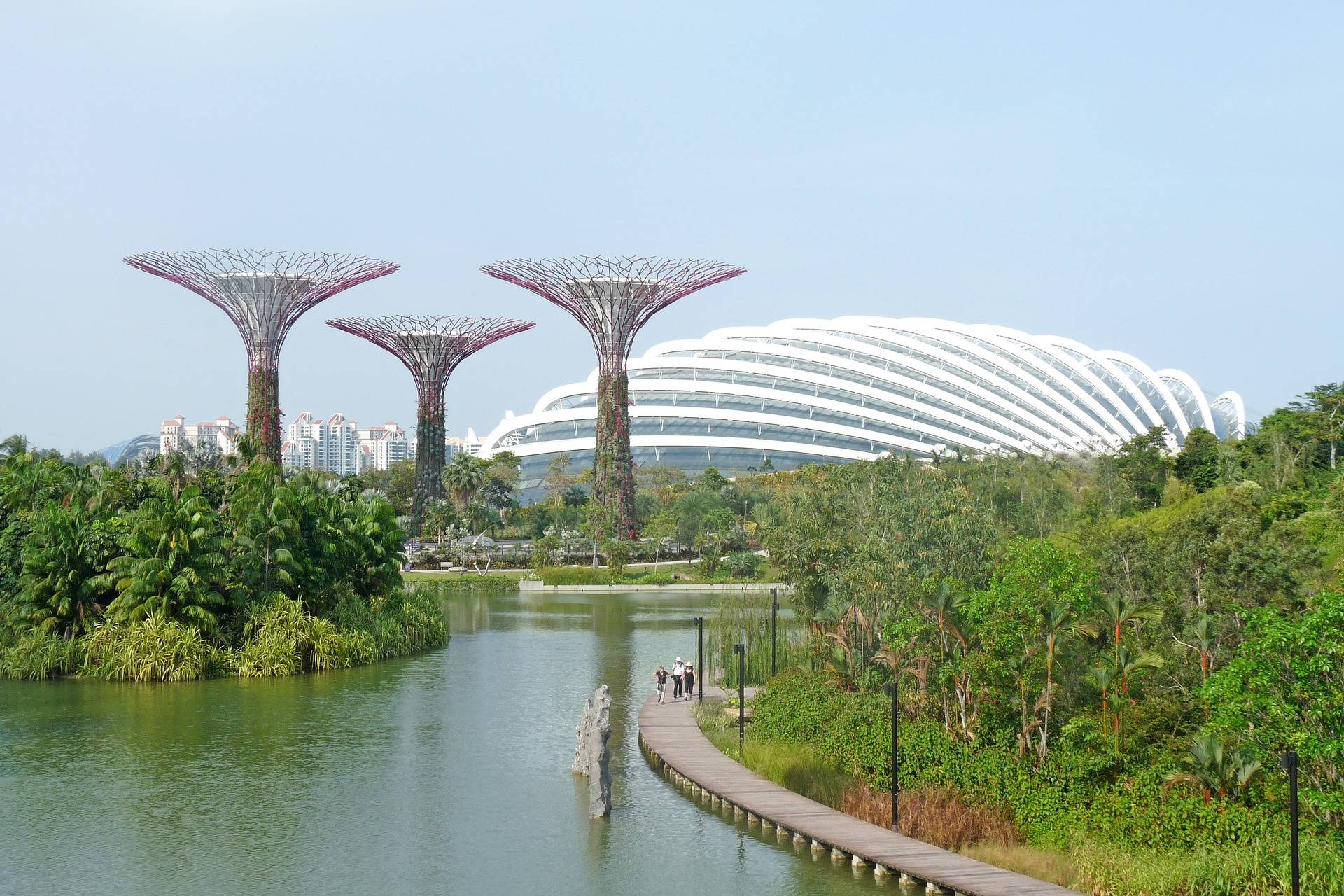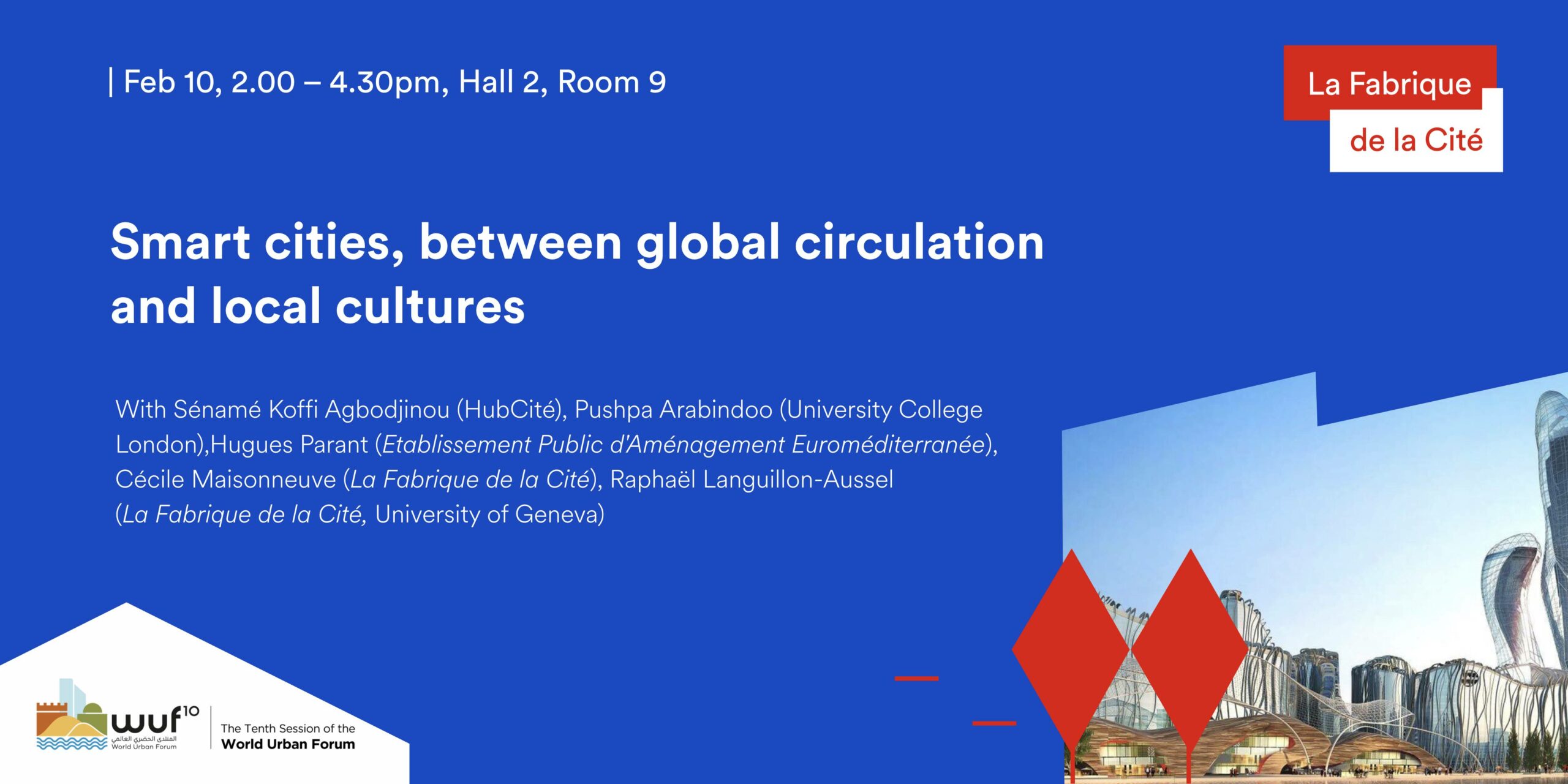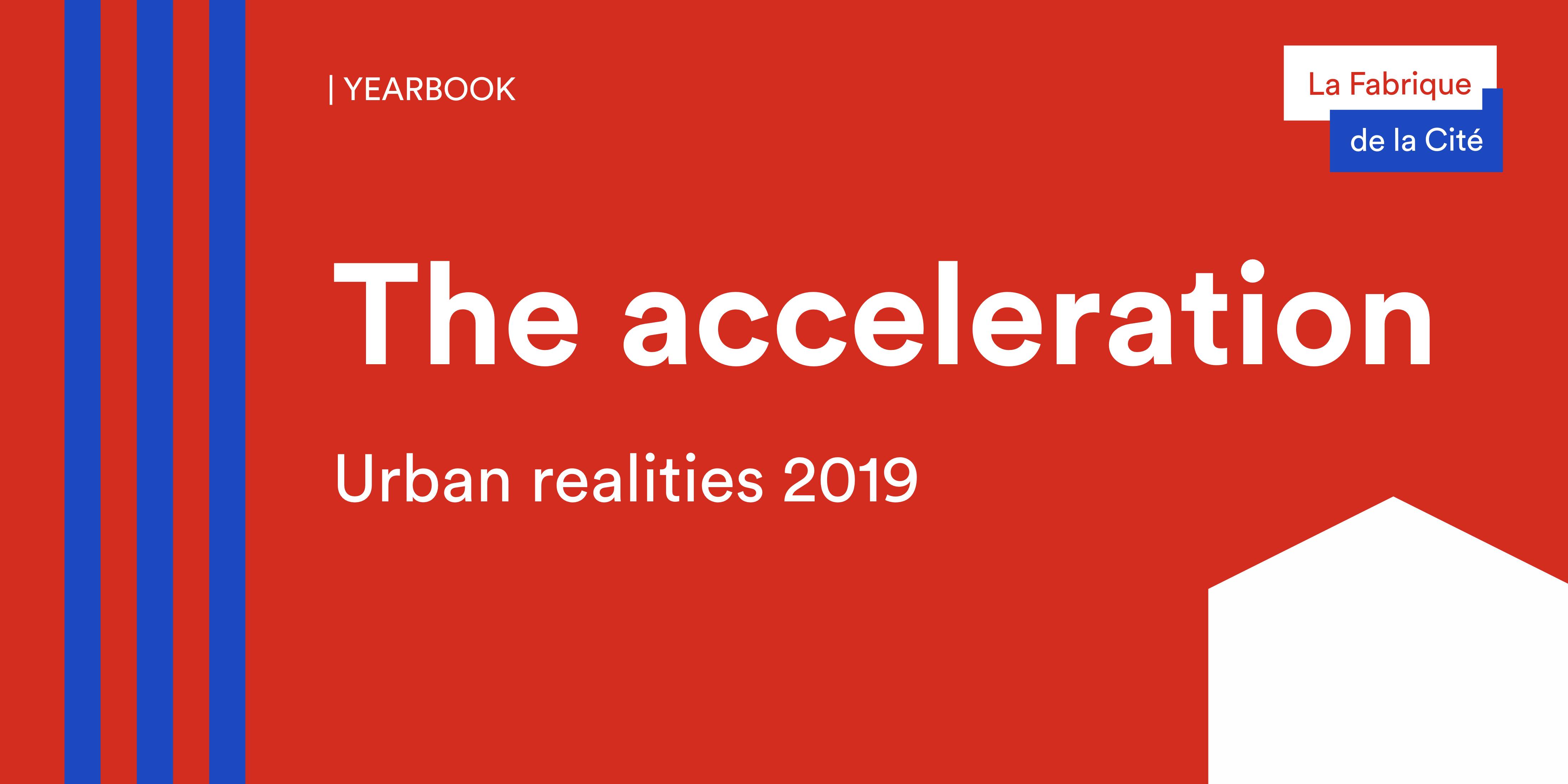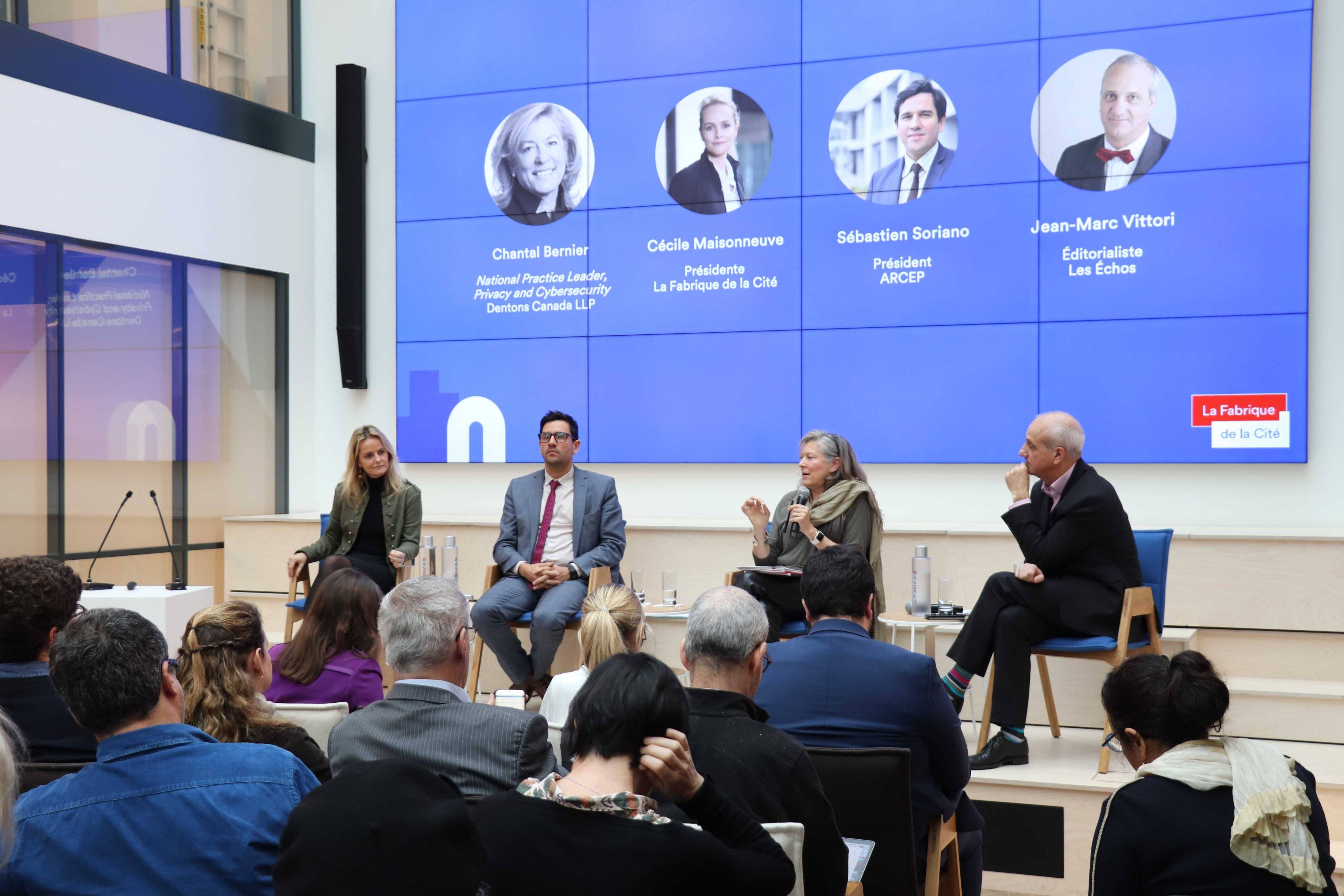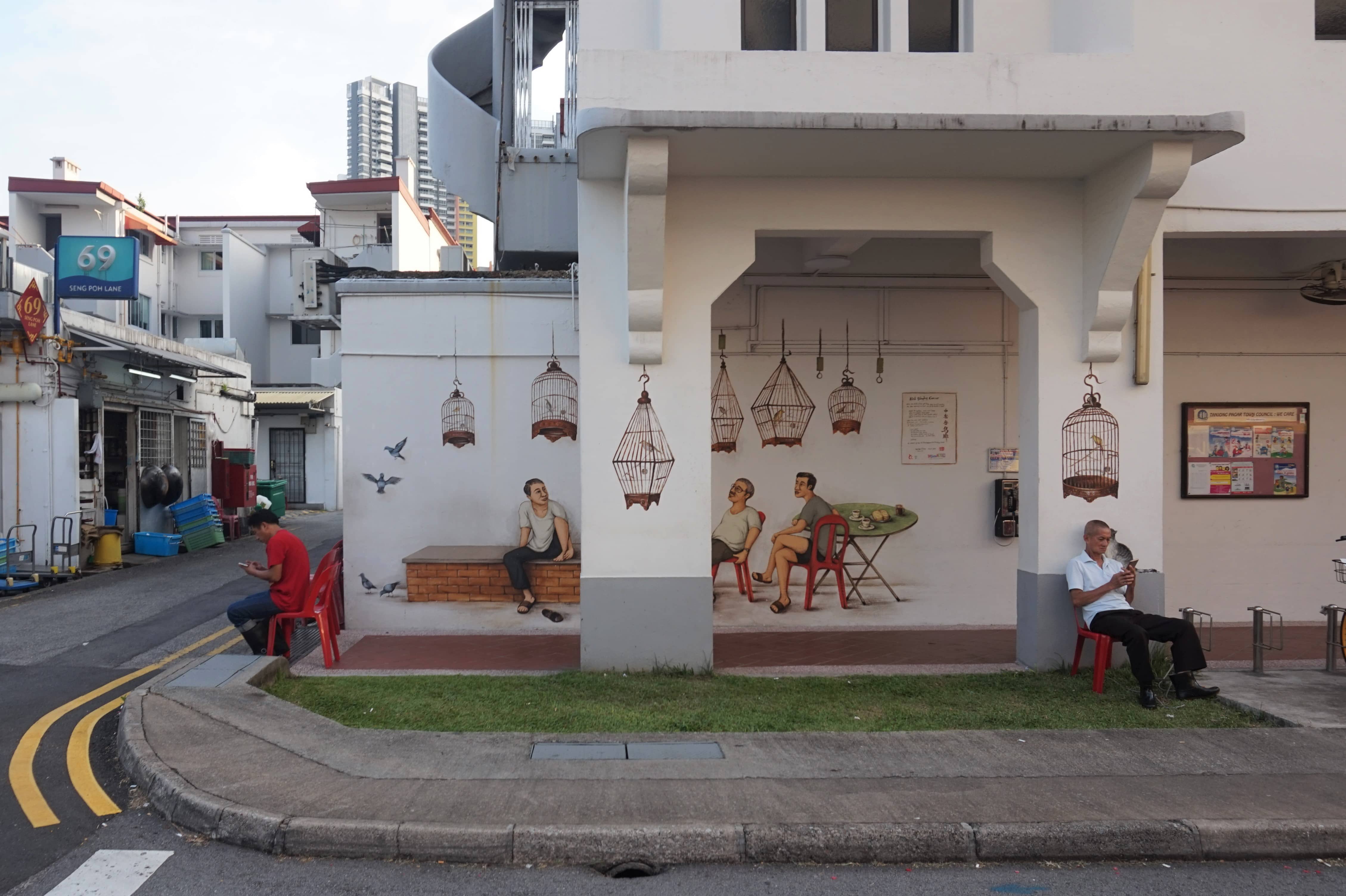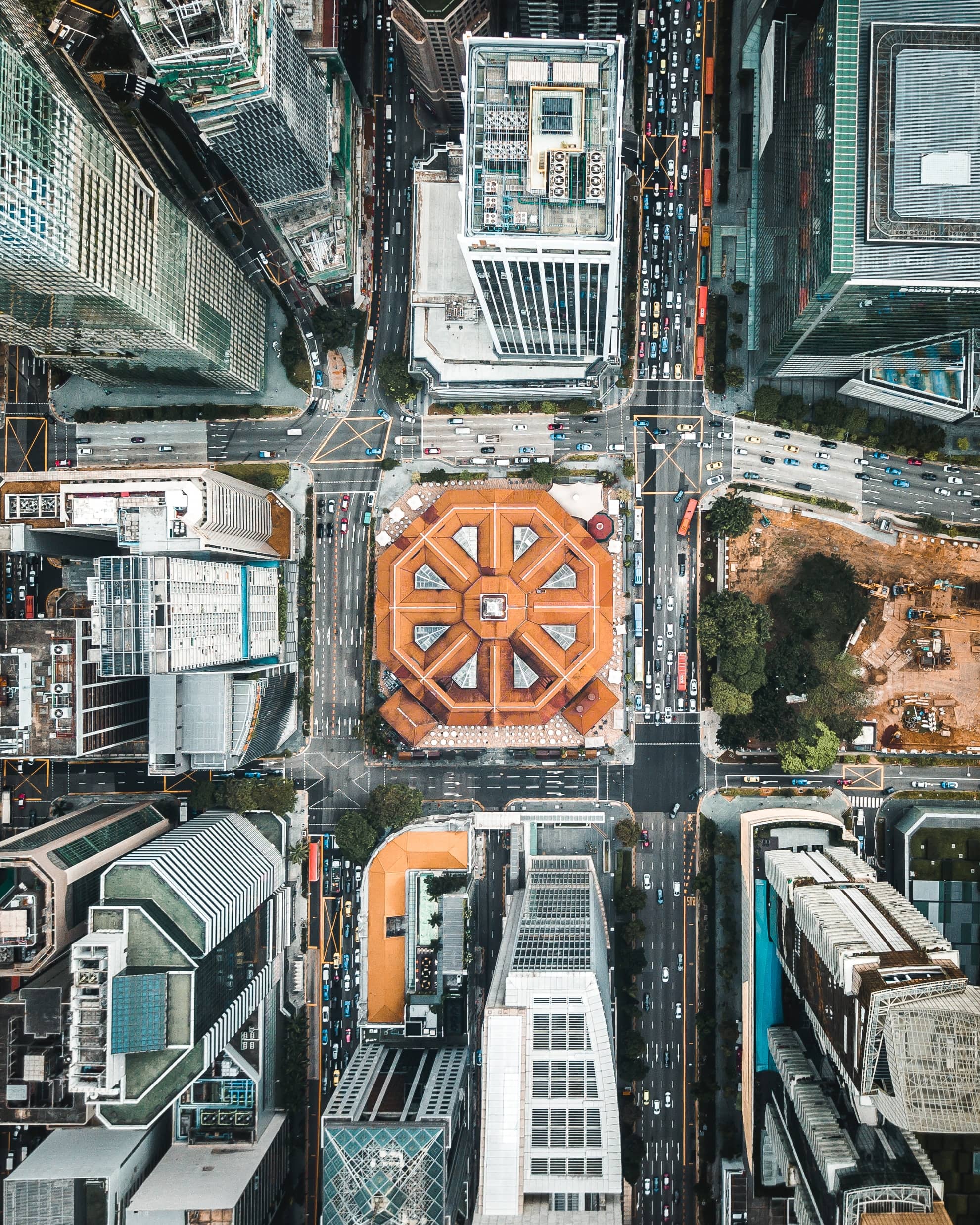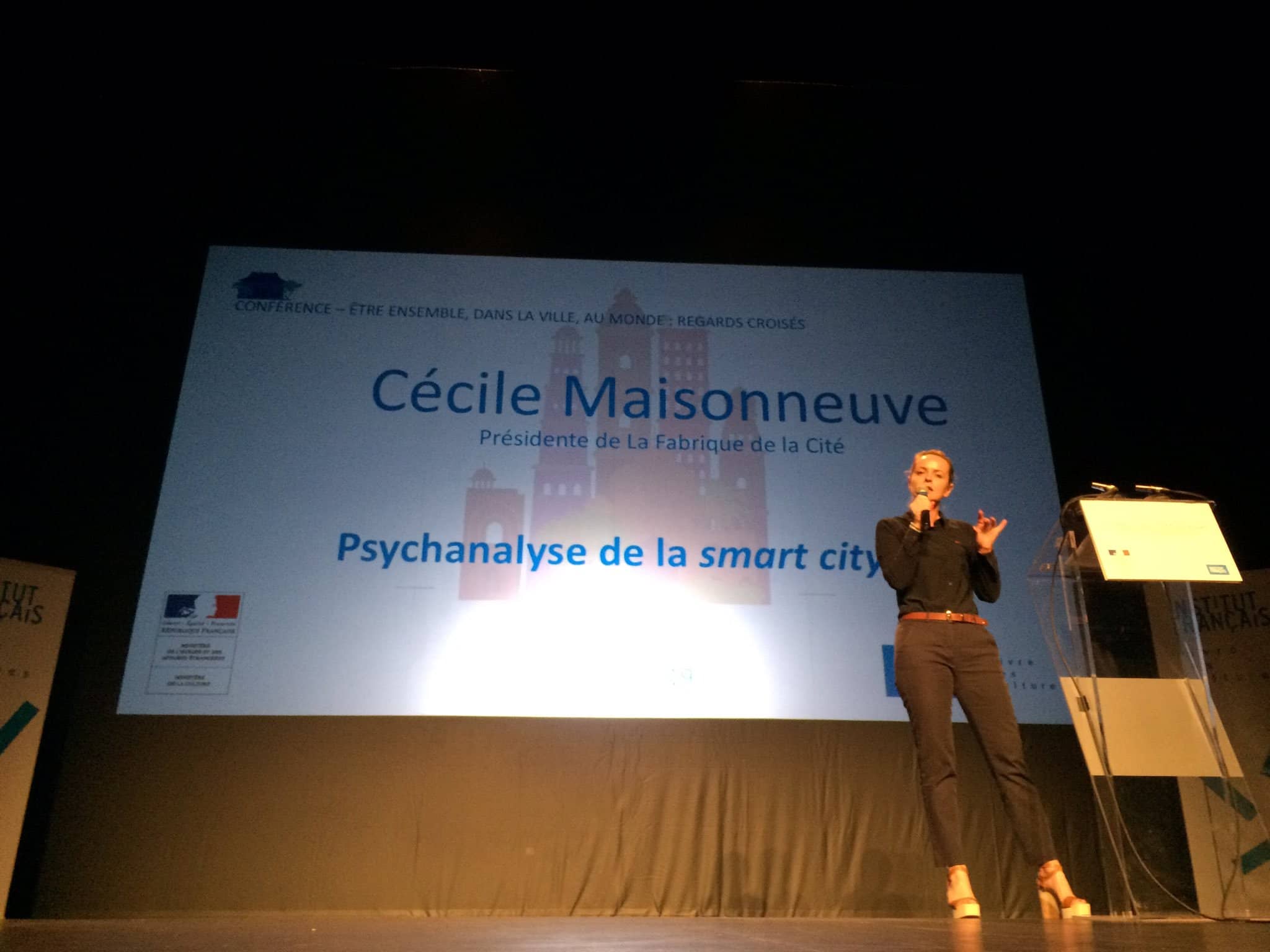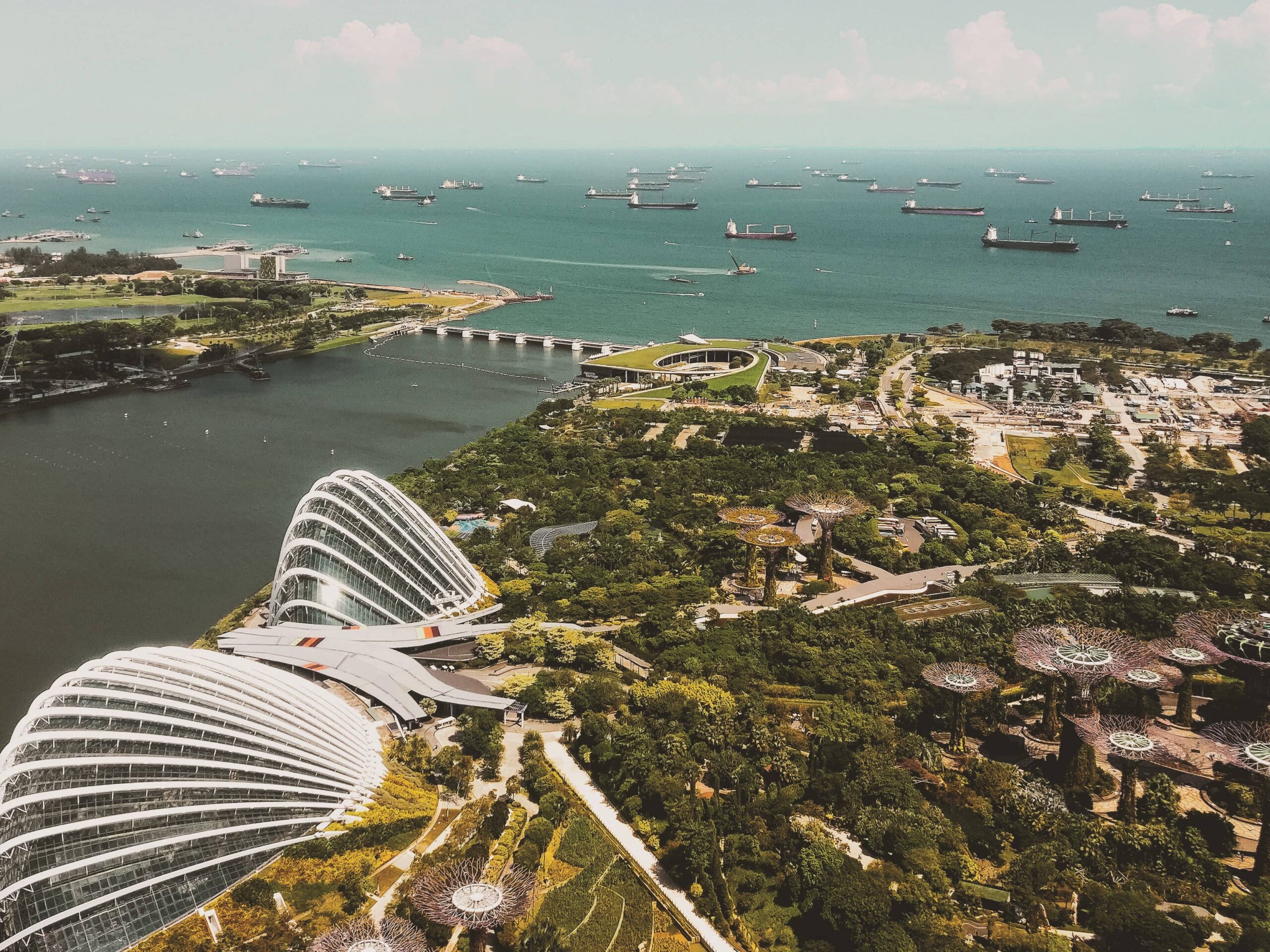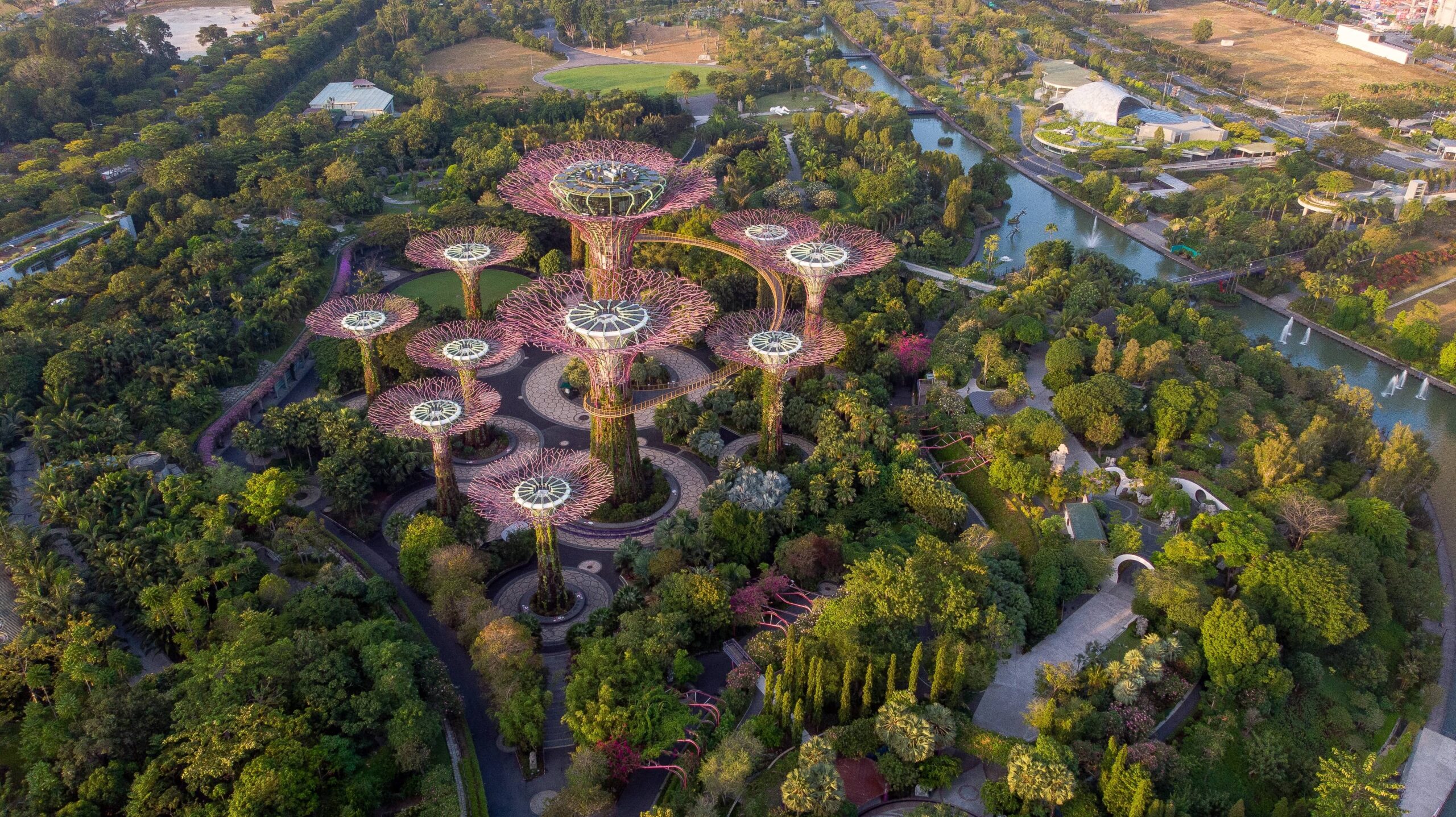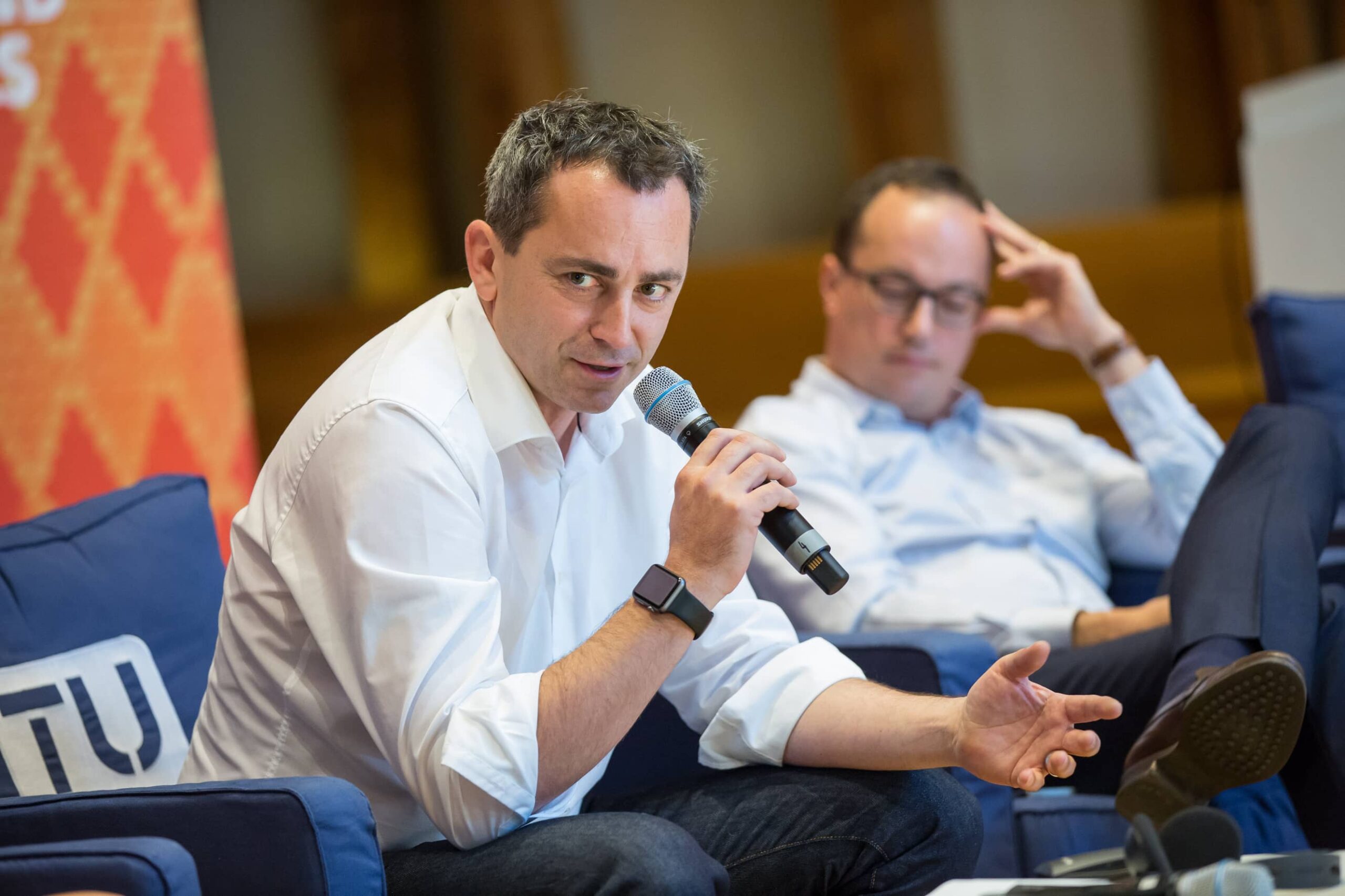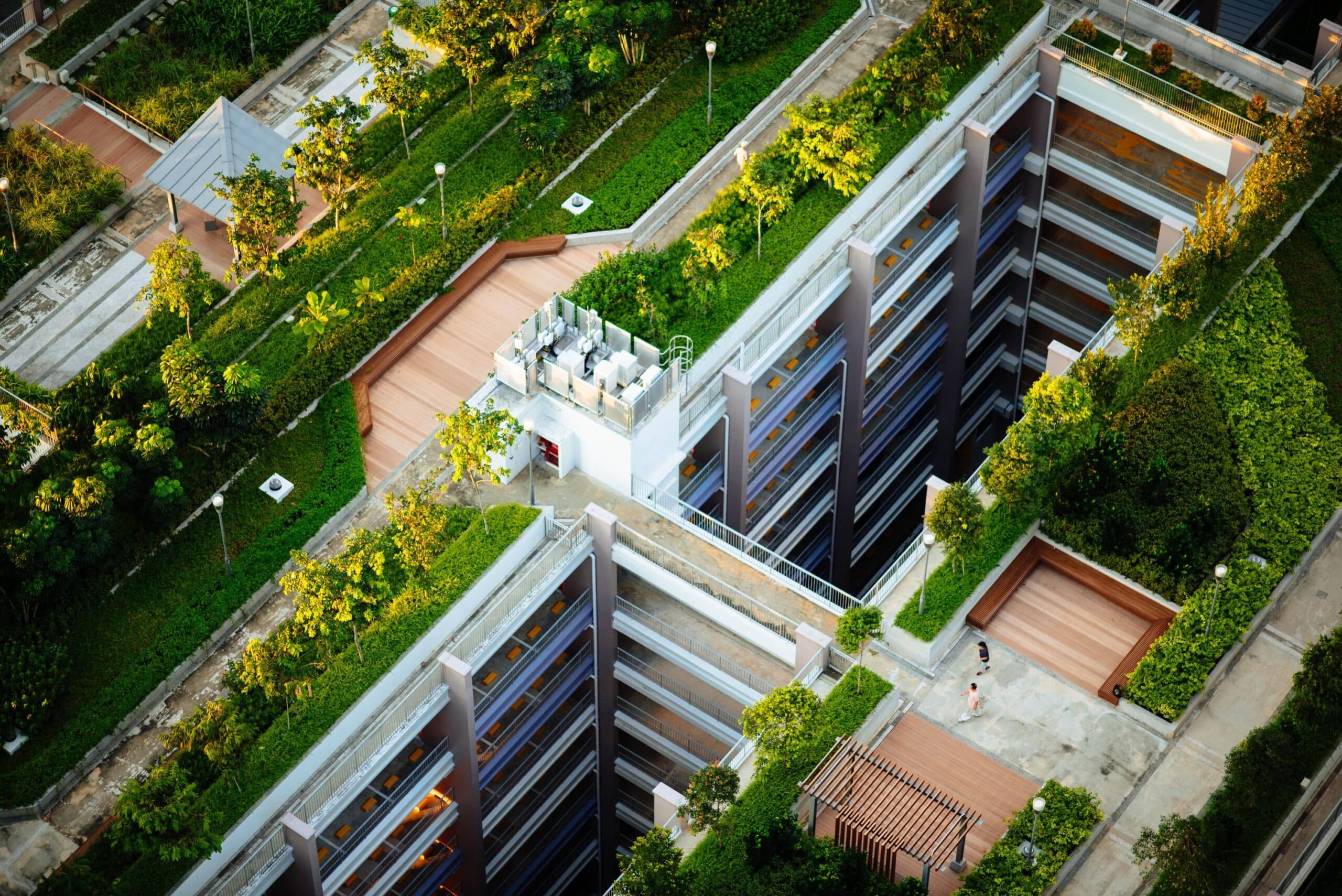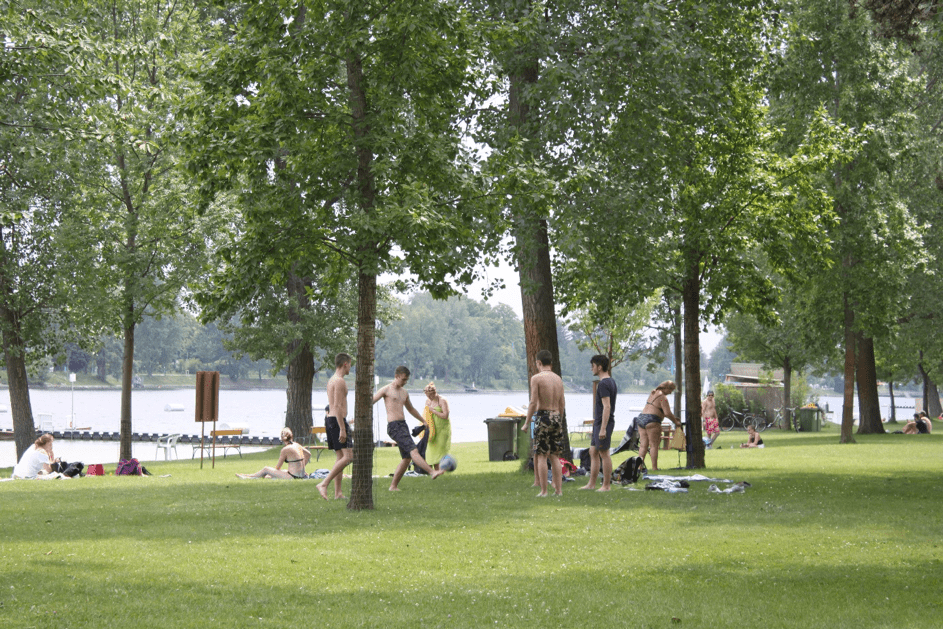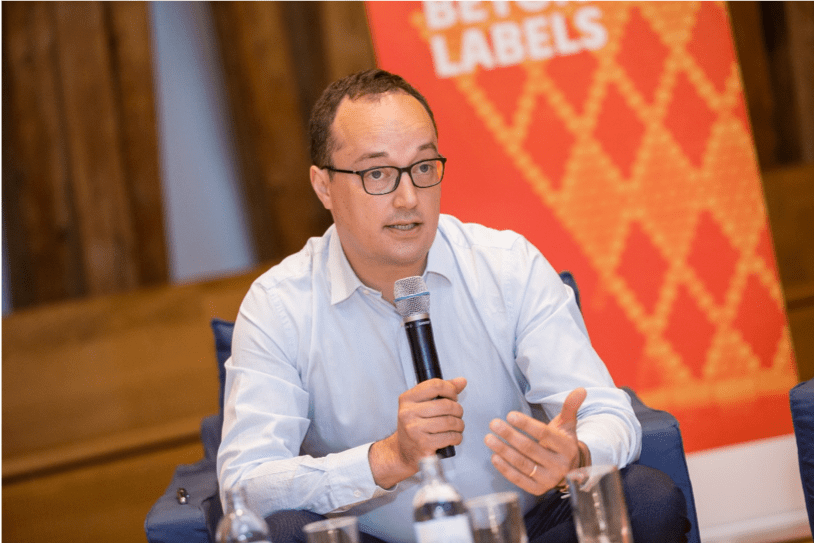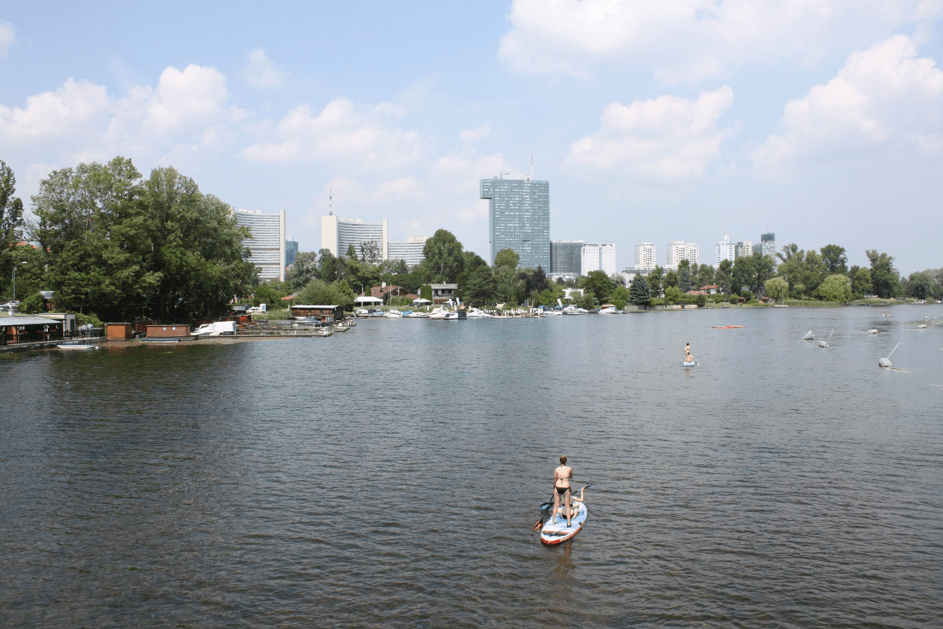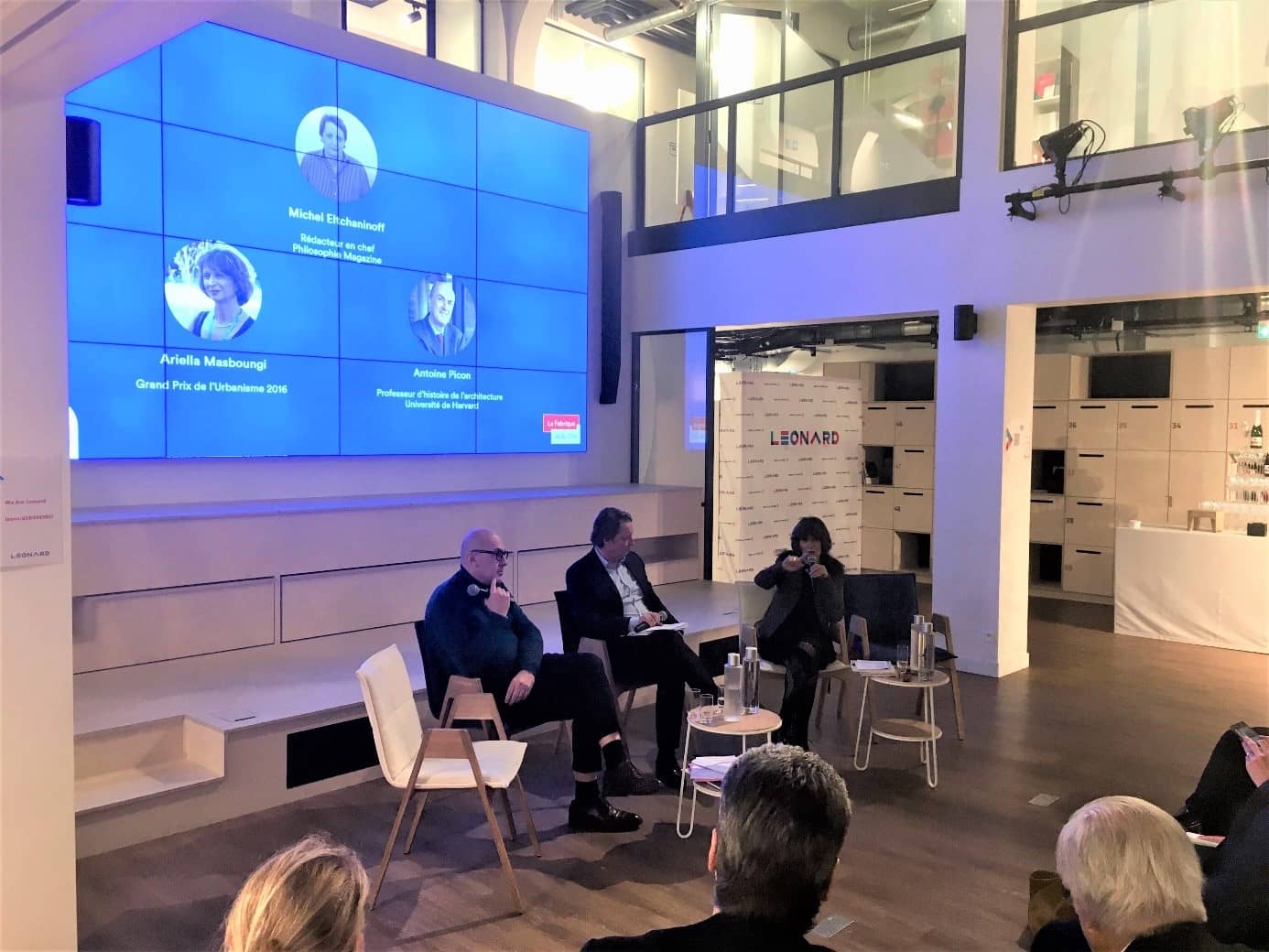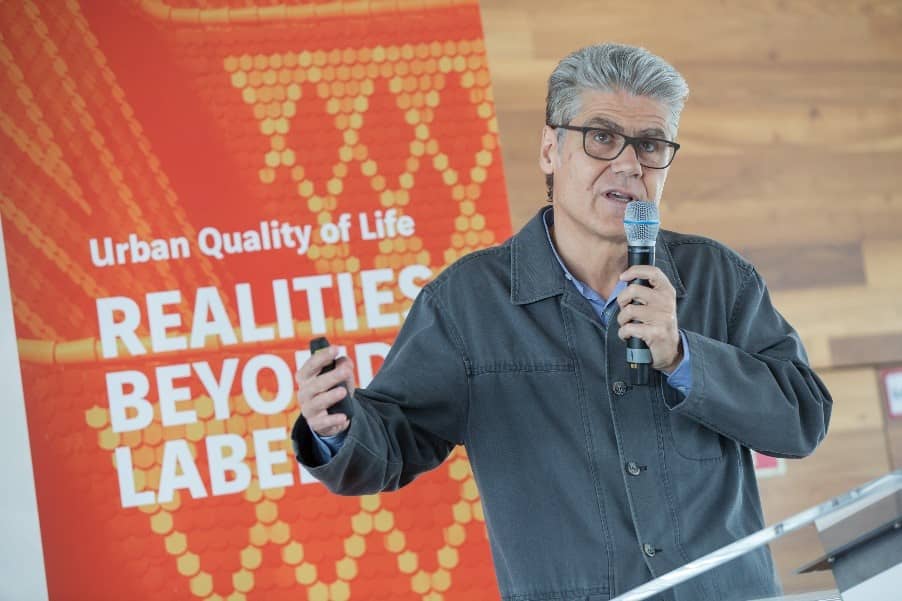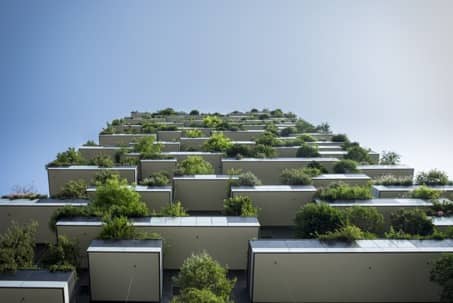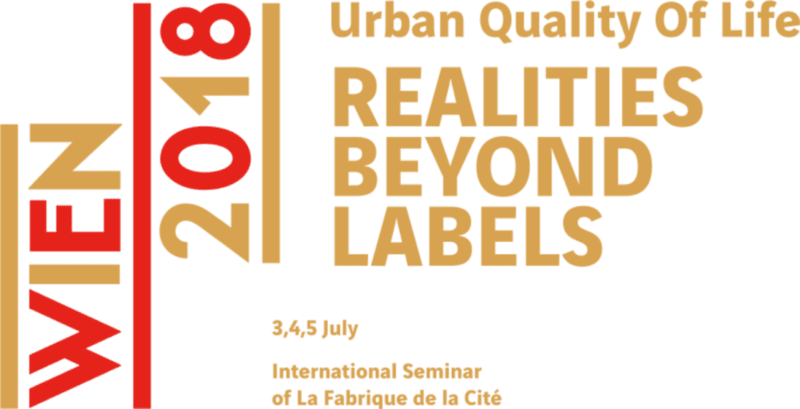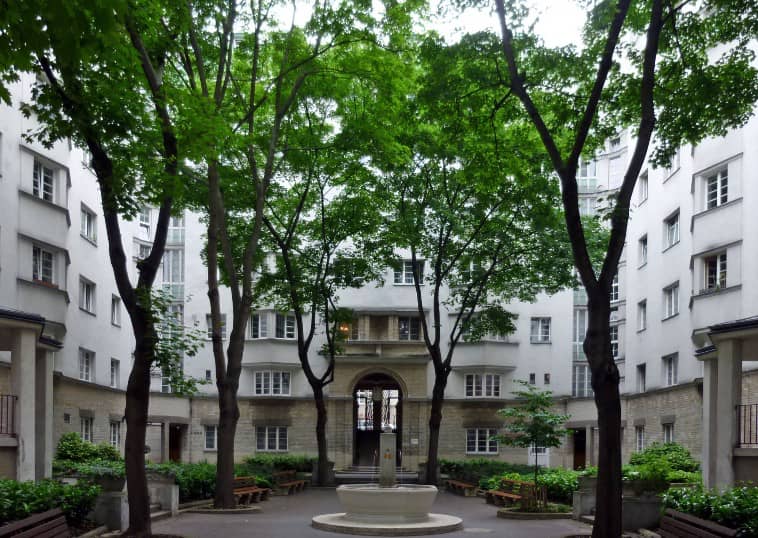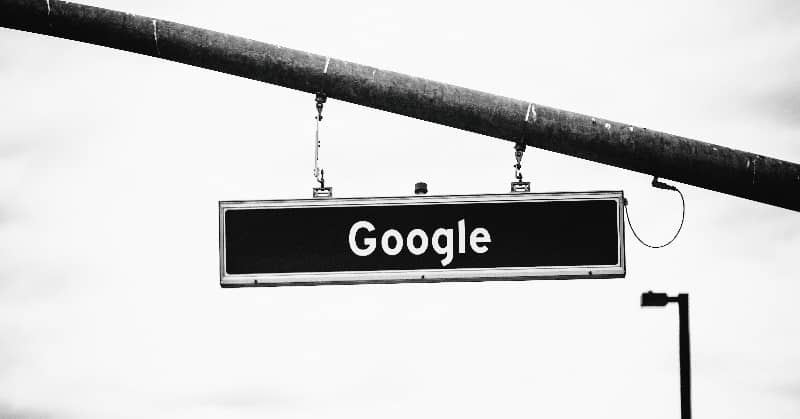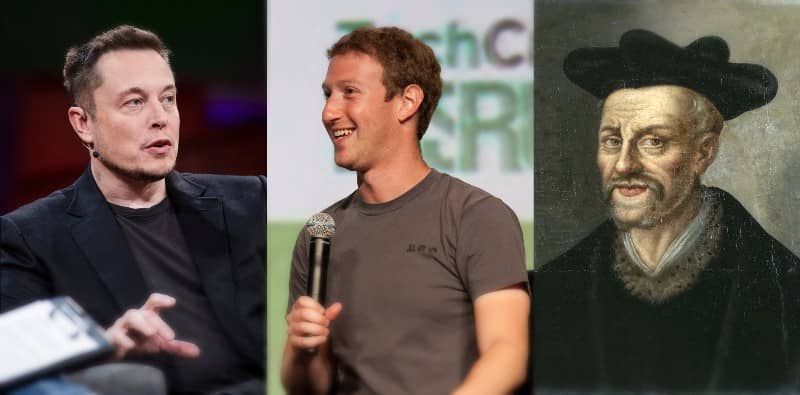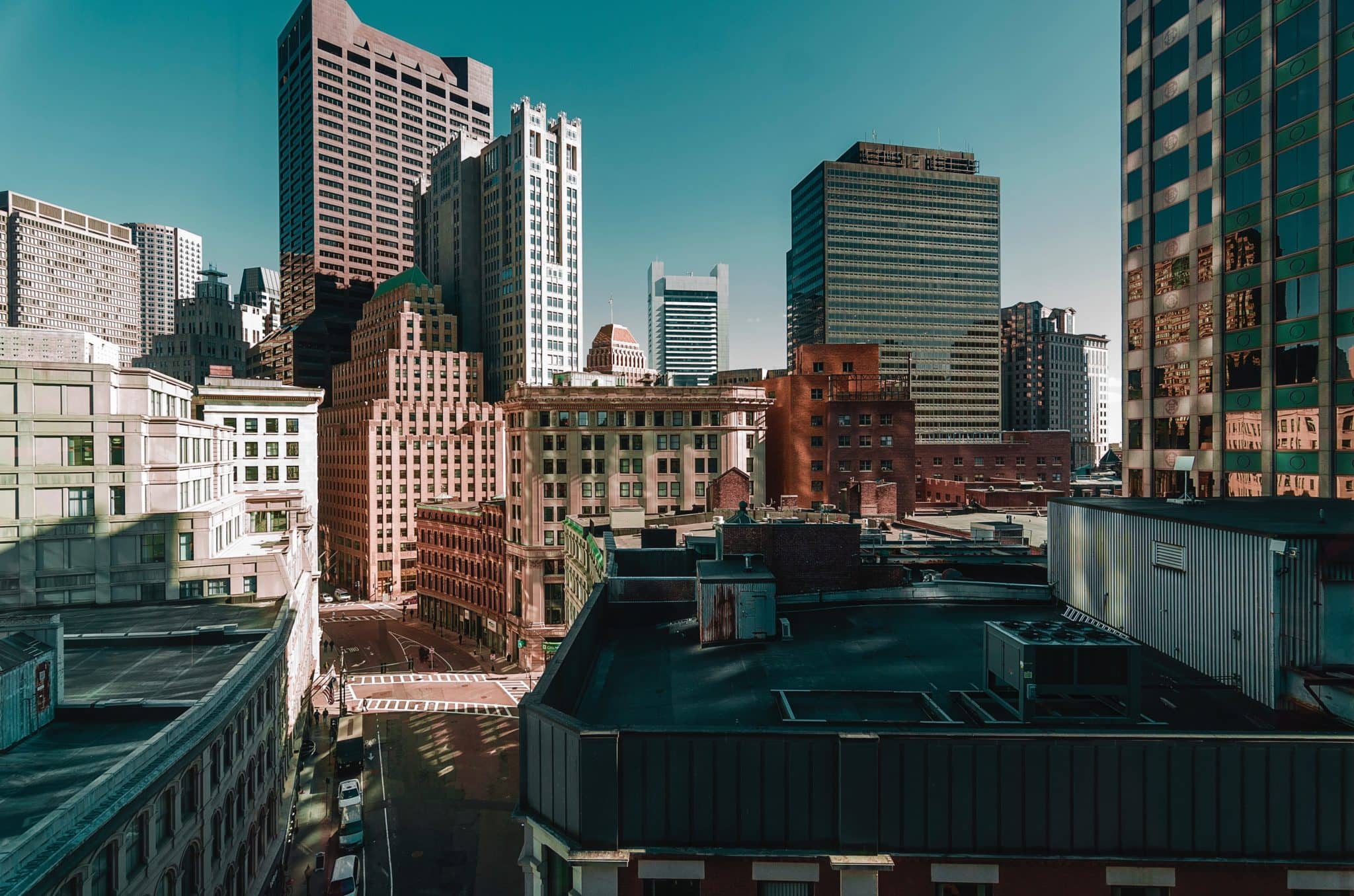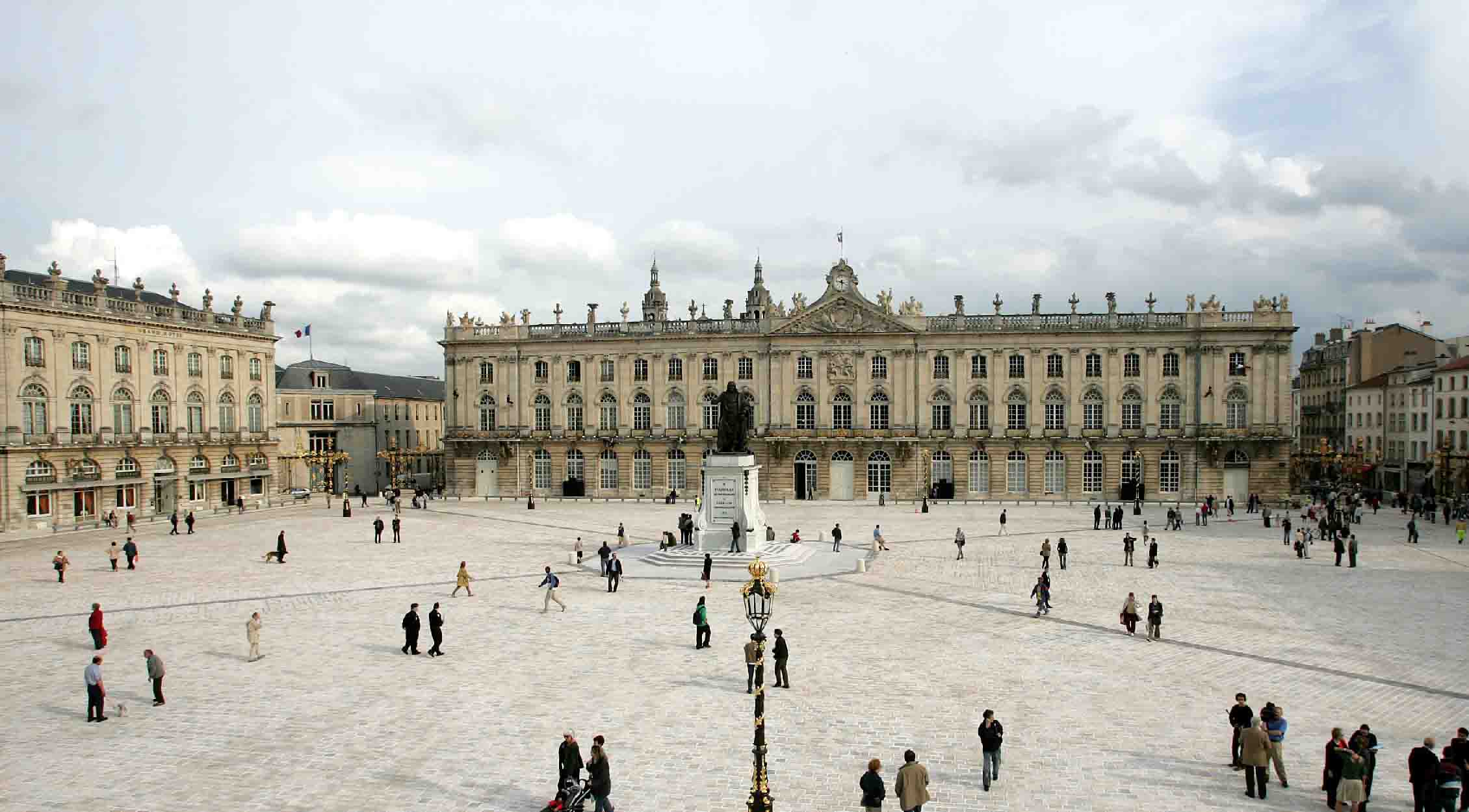

Thomas Madreiter: Vienna and the smart city
There is a buzz of smart city strategies in cities, each suggesting a specific definition of the concept. At the root of the smart city concept are new technologies, used to make cities more efficient, sustainable and inclusive. These promises are the stuff of dreams for cities across the globe. Vienna has, however, adopted a unique approach, based on an observation of the increased pressure its growth places on its natural and financial resources. The Viennese smart city strategy strives to answer the following question: how can the current level of quality of life be guaranteed in the future? As part of its international seminar held in July 2018, La Fabrique de la Cité met Thomas Madreiter, head of urban planning at Vienna city council.
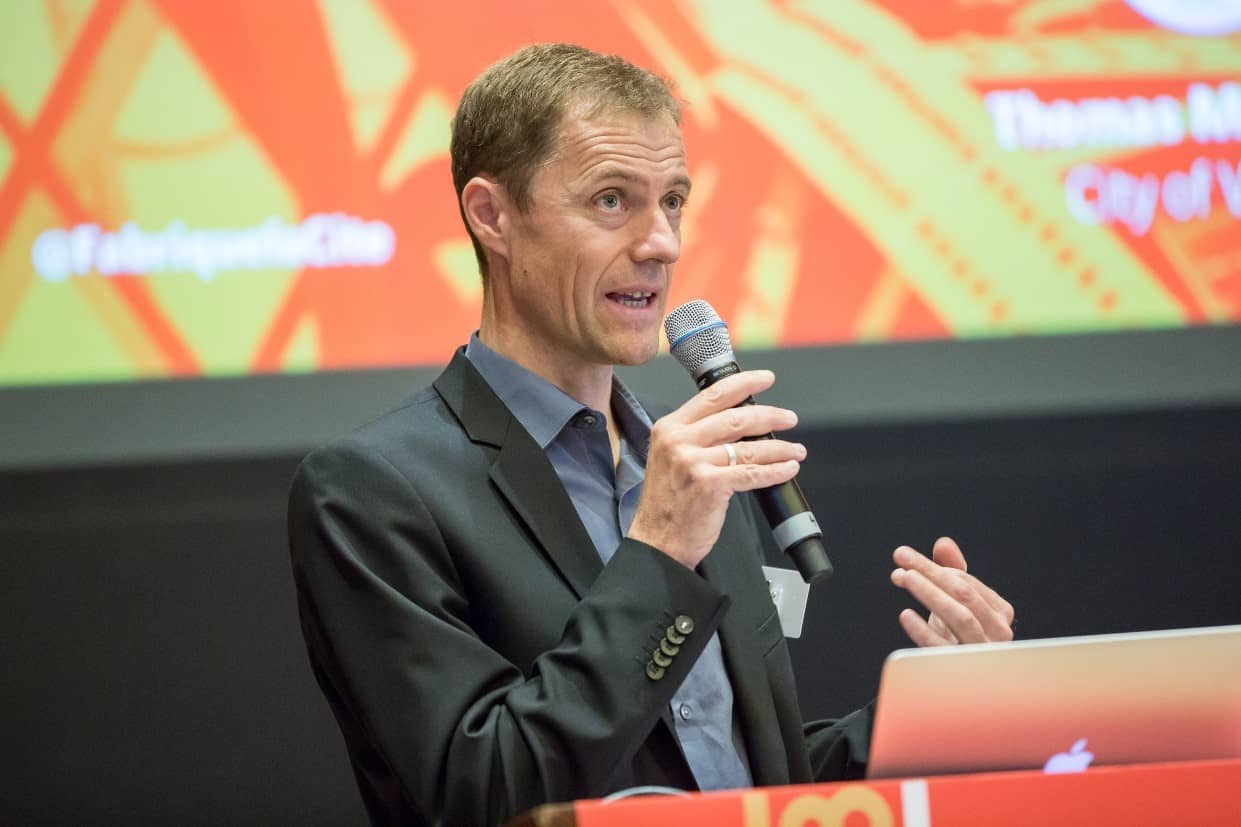
What does the term “smart city” mean for Vienna city council?
The term “smart city” is so commonly used today that it ends up losing its meaning. Everything is “smart” today. In Vienna, we have adopted our own definition of the smart city: a city is “smart” when it makes people the focus of its concerns. You may have the impression that this is merely political rhetoric but, if you think about it, this definition has a series of very real consequences. For example, in economics, customers are at the core of business models. In urban planning, we ask ourselves how Vienna’s inhabitants can feel good in their city and which concrete measures can be rolled out.
“The Viennese smart city makes people the focus of its concerns.”
Technological innovations are now very important for the city but they are not sufficient. We need to focus on people. The Viennese public transportation system is a real example of human innovation. The city council implemented an annual pass at 365 Euros. This is clearly not a technical innovation that required top-level engineers. However, since this pass was introduced, the number of cars has fallen, helping to make Vienna a greener city. Vienna was able to rely on a strong public sector that does not strive to cut costs no matter the consequences in implementing its smart city strategy.
Vienna also wants to set the example internationally. Being a smart city means being aware of its responsibility on a global scale.
“Being a smart city means assuming responsibilities on a global scale.”
Vienna is aware of this responsibility in terms of climate change. The city council is striving to come up with solutions to tackle climate change and to make the city an example in the field of environmental protection.
Vienna wants to be a city with an optimum quality of life, but what does this term mean for the city?
First of all, let us set down a principle that is very important to us in Vienna: living in a city is not and must not be an obstacle to quality of life. On the contrary, living in a city is the solution to achieve a high level of quality of life for all. This is why we are not attempting to transform Vienna into something else, to make it less “urban”, rather we assume the position that “a city must be able to be a city”. This does not mean, however, that no action is necessary and that this quality of life is spontaneously created simply by living in the city.
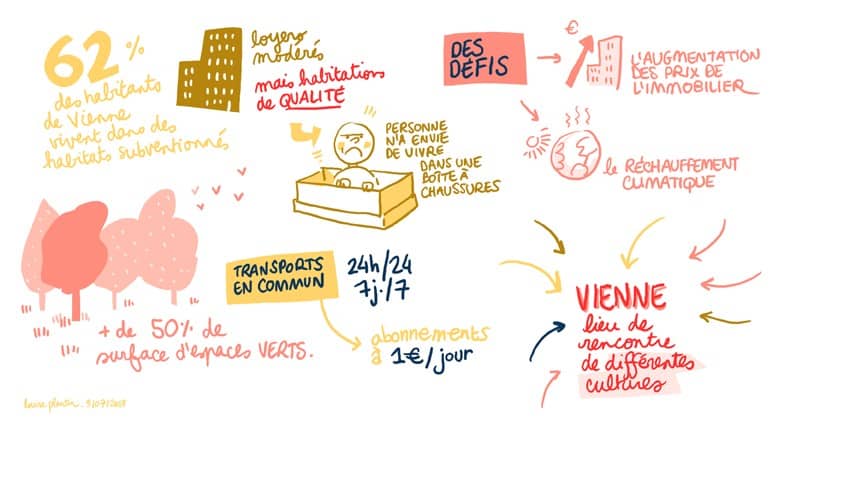
Quality of life is a highly complex and multifaceted notion. To make it possible, work must naturally be done on the city’s material factors, i.e. by improving the quality of the living environment. We must also be able to propose some technical solutions, such as quality affordable housing for example. In Vienna, we focus on a very specific aspect of quality of life: city life and the quality of social relations. We believe that quality of life is achieved first and foremost by putting inhabitants in contact with each other – we can support this by developing quality public spaces with a view to creating meeting points – and by understanding the actual needs of Vienna’s residents as the only way to conduct appropriate initiatives. This is why we pay special attention to dialogue with Vienna’s inhabitants. Vienna does not claim to have the answer to all the problems it faces: an ageing population, climate change, increasing levels of social fragmentation remain challenges to be met … Yet the most important thing is to look for answers and to accept dialogue. This is why we can claim that our smart city strategy contributes to improving quality of life for all: it allows us to organise this dialogue and we set it the objective of finding solutions for the population as a whole and not just some population groups.
“A city must be able to be a city. The city is not an obstacle to quality of life, but rather a solution to extend it to all inhabitants.”
How can quality of life and the effectiveness of your strategy be assessed in terms of Vienna’s inhabitants?
The major difficulty with smart city strategies is to manage to assess their effectiveness and impact. In Vienna, as we were drafting our policy, we developed a monitoring tool to ensure that the objectives we set do actually become practical reality. We have also created an exchange platform to ensure dialogue between the different stakeholders involved throughout the projects and their follow-up. We thought long and hard before setting up this tool. How can long-term holistic policies be assessed? We decided to conduct inhabitant surveys, to gain a better understanding of their vision of quality of life, always with a view to fostering dialogue. To improve our strategies, we used a variety of survey instruments. The review of our first monitoring phase shows that two thirds of the objectives set have been reached or are being reached and highlights the areas in which we must step up our approach. These areas include in particular electric mobility and the improvement of logistical traffic, an increase in per capita GDP and cross-border cooperation, the question of the city producing health and social cohesion.
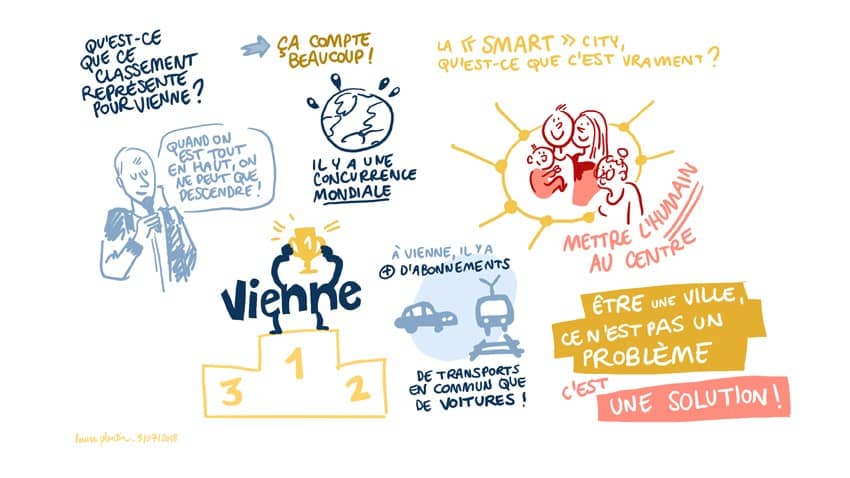
The Mercer consulting company offers an annual ranking of cities according to the quality of life they offer. This ranking was created to meet the needs of multinational companies wishing to assess the appropriate salary to be offered to their internationally-mobile employees. Vienna has topped this ranking for nine years[1] now. How important is the Mercer ranking for the city of Vienna? To what extent does it influence the city council’s policies?
Vienna is naturally very proud of being ranked top by Mercer. Cities are now competing on a global scale to attract the best talent, the best companies and the best researchers…. The Mercer ranking is therefore very important as it enables Vienna to enjoy great visibility on an international level and to be attractive. Of course, there is always a risk because once you’re at the top, you can either stay there or go down. For Vienna, it is very important to keep this top place as we are looking for stability.
[1] Editor’s note: in 2019, Vienna once again topped the Mercer ranking.
These other publications may also be of interest to you:

Toronto: How far can the city go?
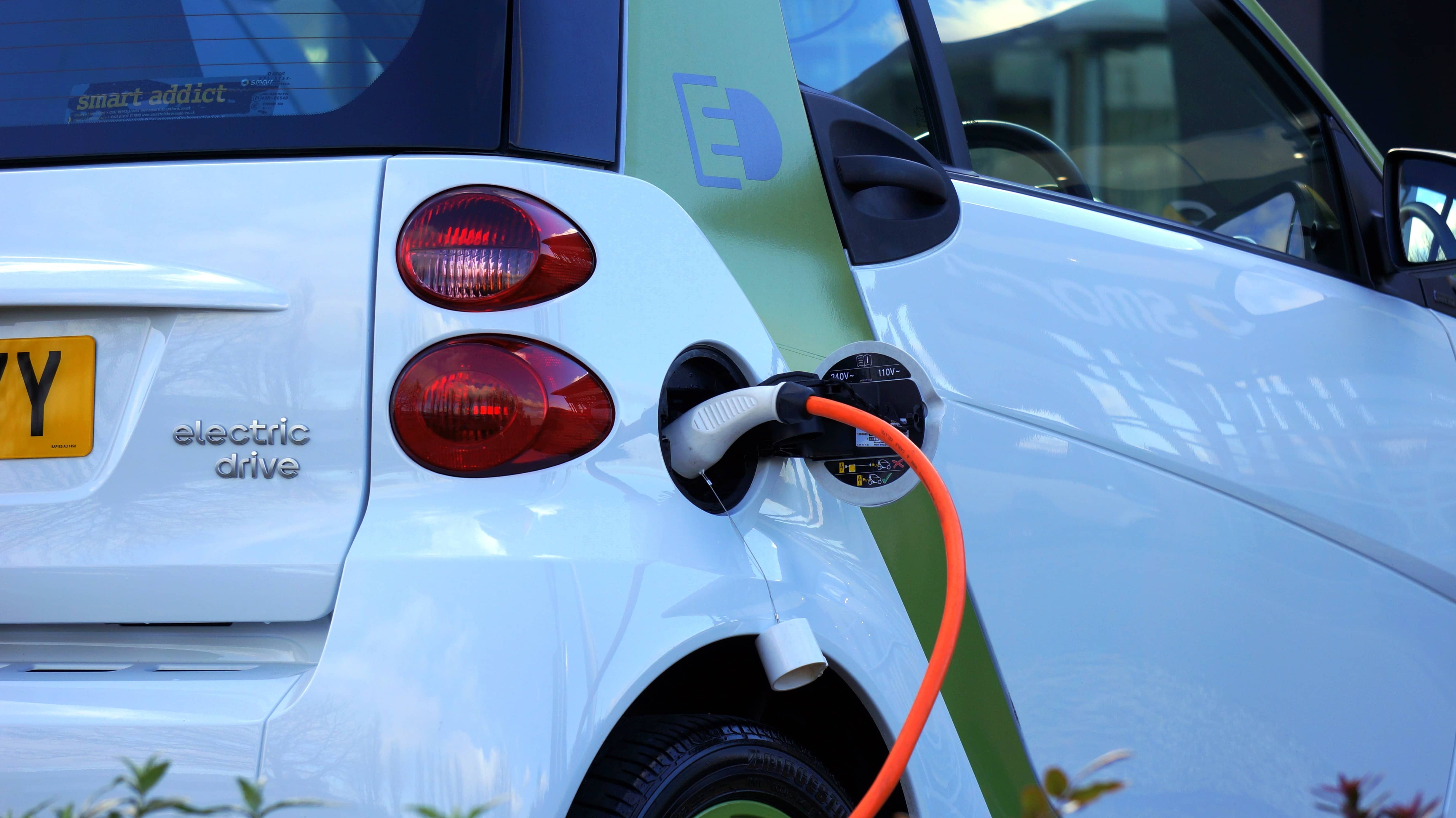
The political and technological challenges of future mobilities
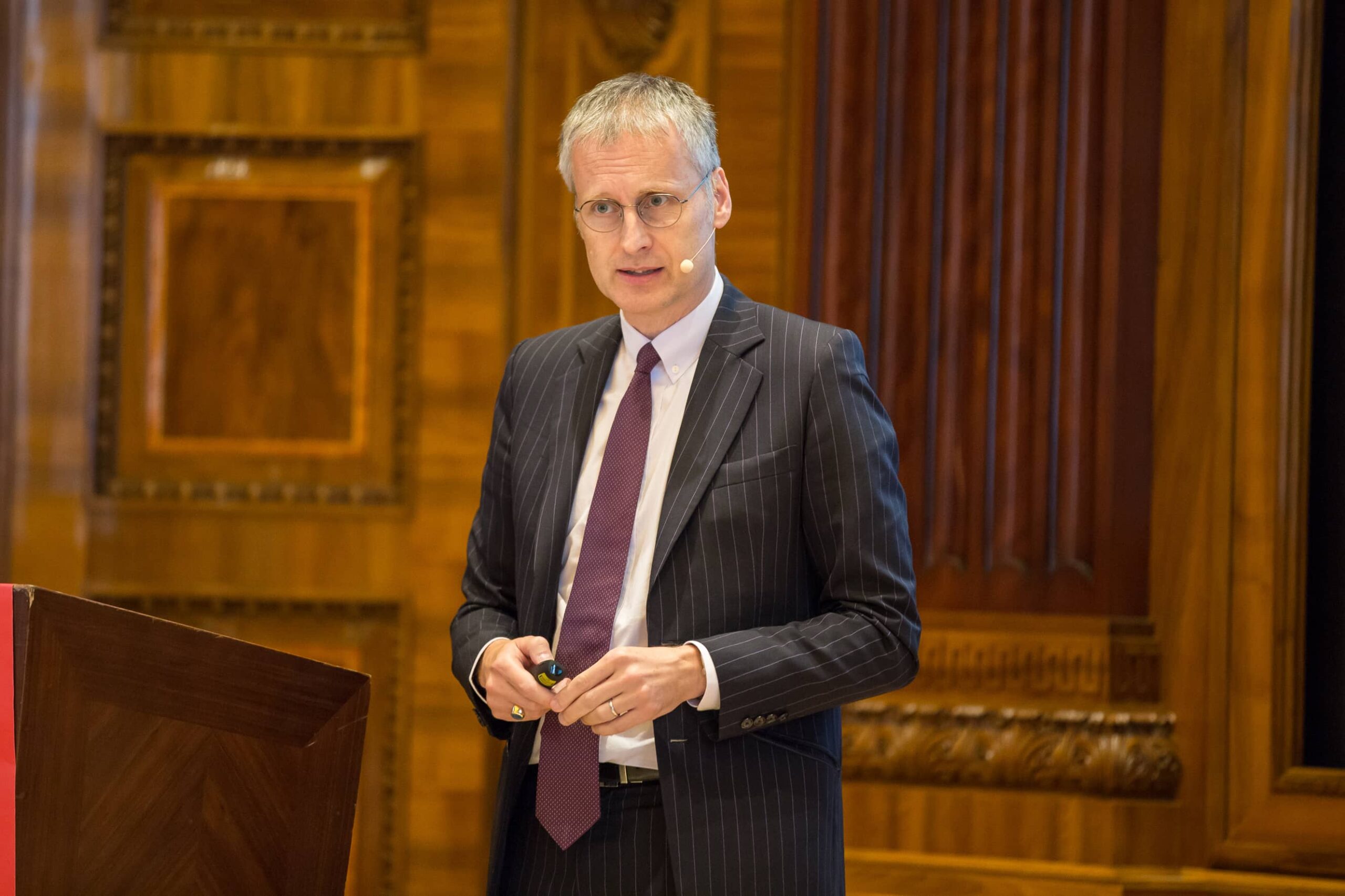
Viktor Mayer-Schönberger: what role does big data play in cities?
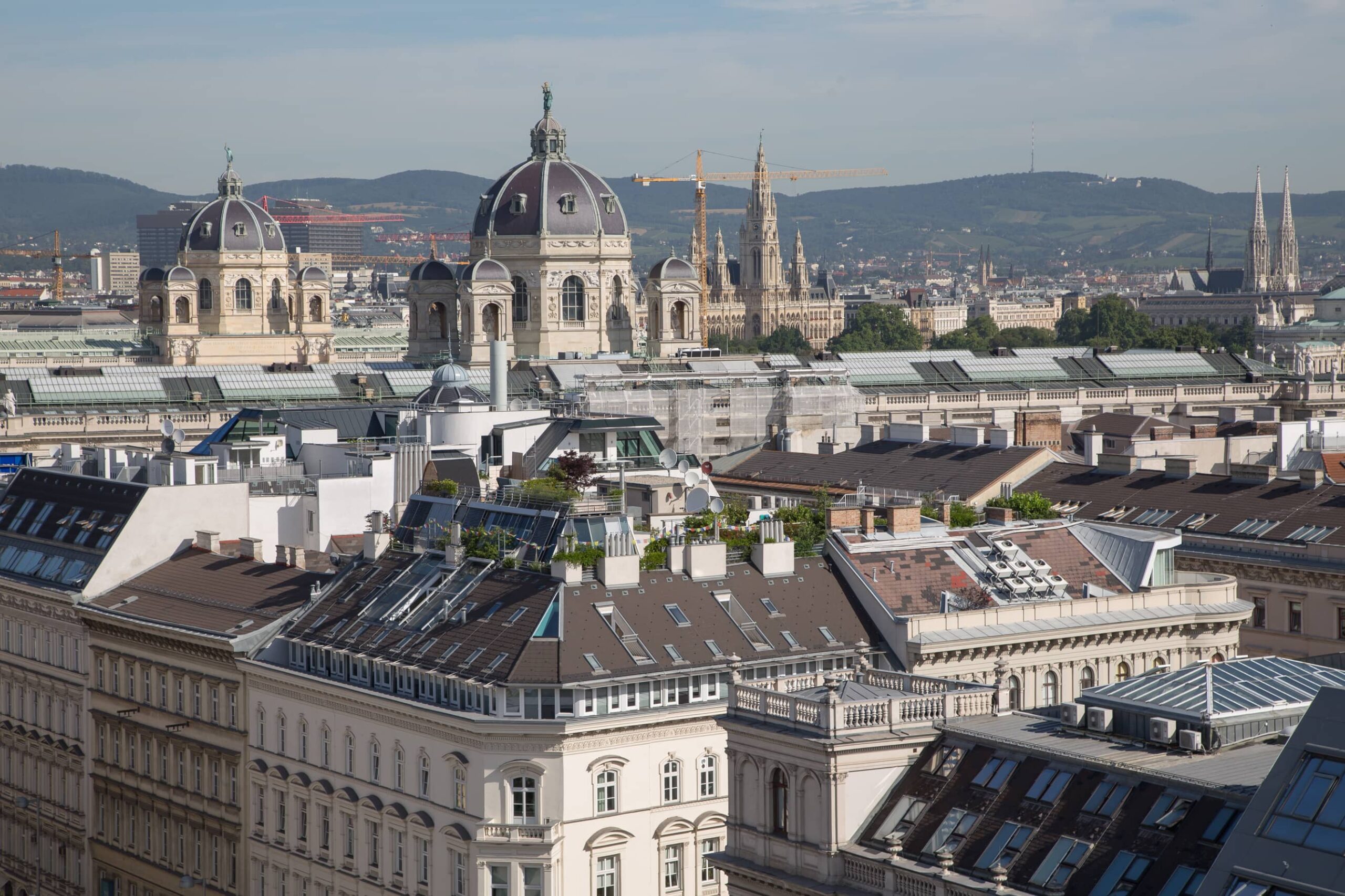
Vienna

Breathless Metropolises
La Fabrique de la Cité
La Fabrique de la Cité is a think tank dedicated to urban foresight, created by the VINCI group, its sponsor, in 2010. La Fabrique de la Cité acts as a forum where urban stakeholders, whether French or international, collaborate to bring forth new ways of building and rebuilding cities.














